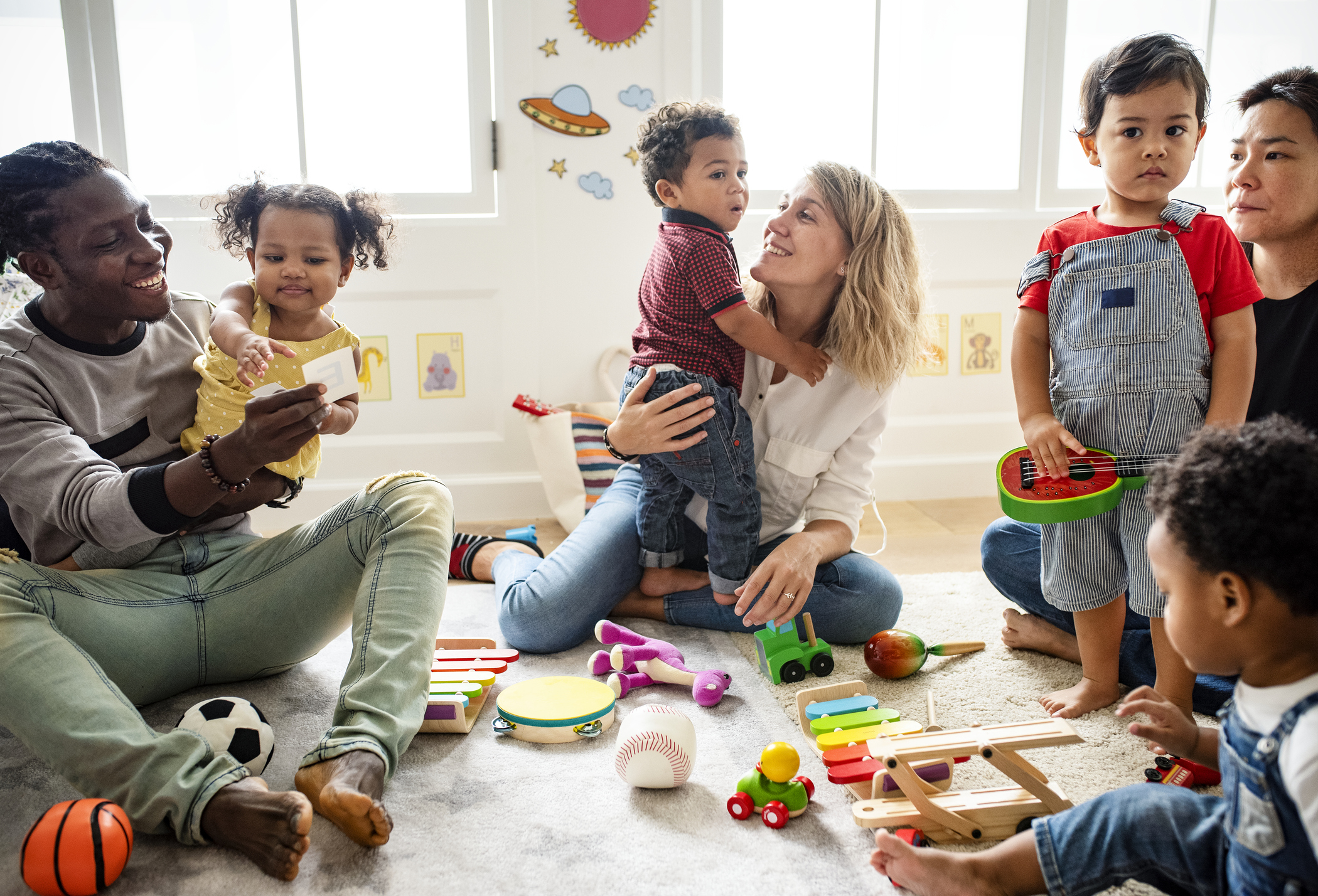
Let’s Talk SEL: An overview of Social and Emotional Learning for GRPS Parents and Caregivers
SEL stands for “social and emotional learning.” SEL is all about understanding and processing emotions, setting and achieving positive goals, feeling and showing empathy for others, establishing and maintaining positive relationships, and making responsible decisions.
As your child adjusts in the wake of the many changes caused by COVID-19, supporting their social and emotional health is critical. CASEL (the Collaborative for Academic, Social, and Emotional Learning) offers a ton of resources that address how SEL acts as a response to today’s circumstances. CASEL tells us that social and emotional learning starts at home. Parents and families are critical partners in helping their children develop social and emotional know-how. Every day, you model the kinds of skills, attitudes, and behaviors that all students should master.
Social and Emotional Learning: Strategies for Families
Strategies At Home
Be a good listener. Listening is a “core competency skill.” Unfortunately, it’s not always practiced by parents or children. Building listening skills is important!
Model the behavior you seek. Whether it’s apologizing when you’re in the wrong or treating others with respect and kindness, children learn a great deal about relationships from observing the behavior of their parents. In the words of Maurice Elias, co-author of two books on emotionally intelligent parenting, parents should remember the “24K Golden Rule: We should always think about the impact of our actions on kids, and be as particular in what we do with our kids as we would want others to be with our kids.”
Nurture your child’s self-esteem. A child with a good sense of self is happier, more well-adjusted, and does better in school. Strategies for fostering self-esteem include giving your child responsibilities, allowing her to make age-appropriate choices, and showing your appreciation for a job well done.
Respect differences. Every child has his or her own unique talents and abilities. Whether in academics, athletics, or interpersonal relationships, resist the urge to compare your child to friends or siblings. Instead, honor your child’s accomplishments and provide support and encouragement for the inevitable challenges he faces.
Take advantage of support services. Seek the advice and support of school counselors or other social services during times of family crisis, such as a divorce or the death of a close friend or family member. Remember that no matter how close you are to your child, they may be more comfortable discussing a troubling family situation with another trusted adult.
Strategies At School

Investigate your school’s efforts to support social and emotional learning. Keep in mind that programs take on many forms and are called by many different names, including character education, leadership, conflict resolution, or peer mediation. There are four ideal components of a school’s social emotional learning program: a specific program to support social-emotional learning, problem-prevention and health promotion activities, support services to address transitions, crises, and conflicts, and a commitment to community service. Ask your child, their teacher, your school principal, or your PAL about activities and programs in each of these key areas.
Organize guest speakers. Work with your GRPS FACE team to identify experts within your community who can speak to parents and teachers about strategies for nurturing emotionally intelligent children. Reach out to us anytime by calling 819-1977! You can also collaborate with your school’s parent organization to make this happen!
Celebrate diversity. Work with other parents and school staff to organize programs and events to celebrate and honor the many cultures in your school community.
Begin the discussion. Bring together leaders from throughout your community — business people and law enforcement, parents and educators — to discuss ways in which your community can make the emotional health and wellness of children a priority.
